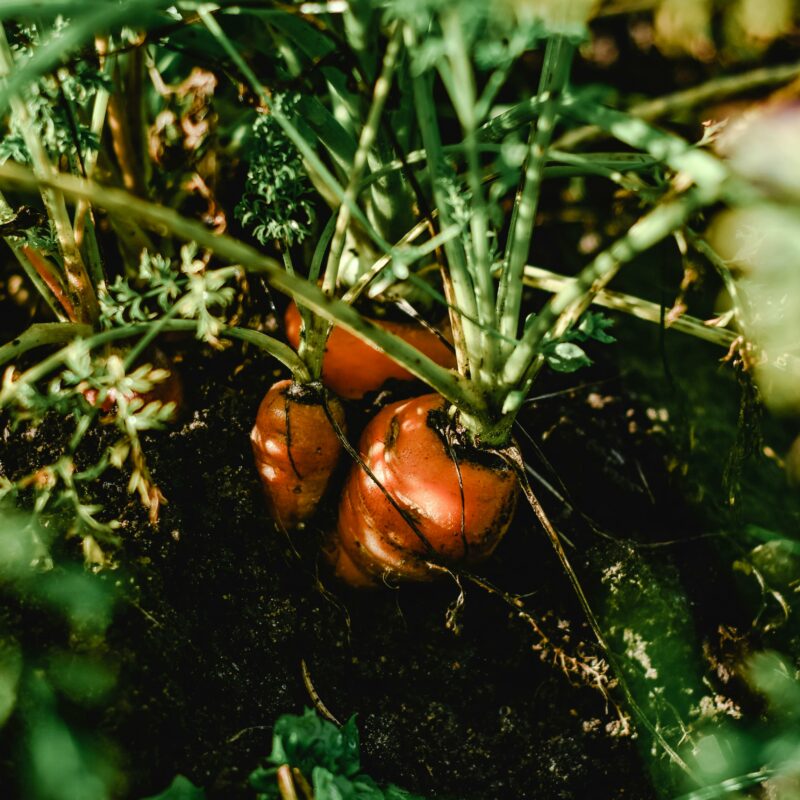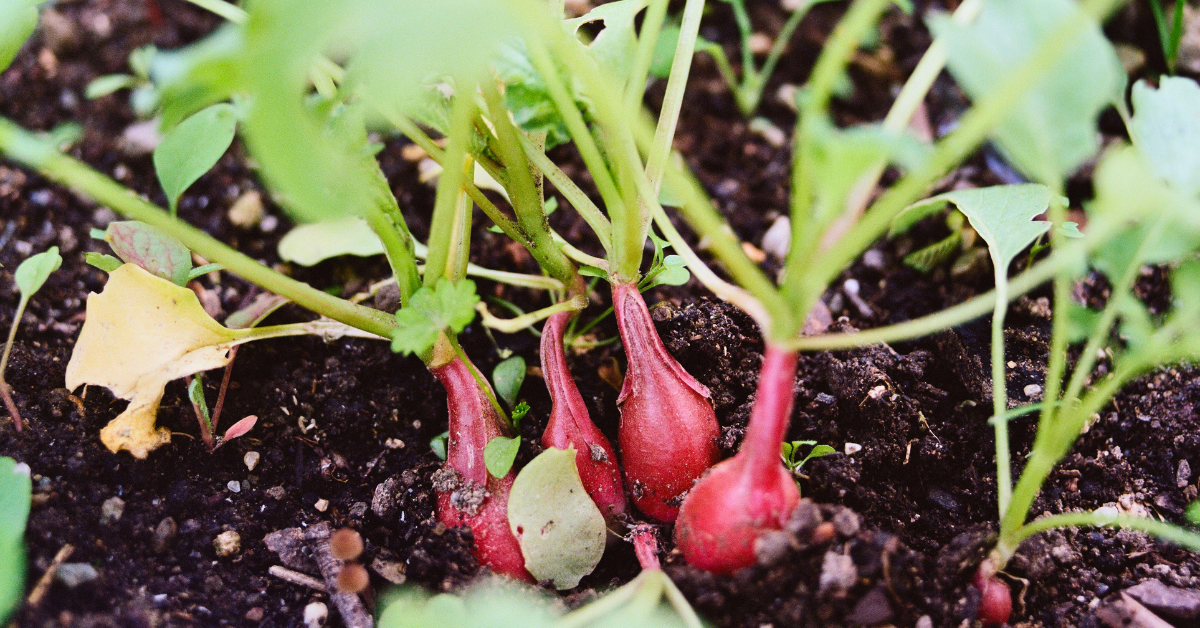Gardeners in Denver often struggle with the challenges posed by our short growing season and unpredictable weather patterns. However, by utilizing season extension techniques, it’s possible to maximize your growing season and enjoy fresh produce for a more extended period.
Whether you’re a beginner or a seasoned gardener, here are some effective strategies to extend your growing season in Denver:
Selecting Cold-Hardy Varieties
When planning your garden, choose cold-hardy vegetable varieties that can tolerate cooler temperatures and withstand late spring frosts and early fall chills. Cold-tolerant crops such as kale, spinach, lettuce, carrots, beets, and radishes are well-suited to Denver’s climate and can thrive in the face of adverse weather conditions.
Additionally, look for varieties with shorter maturity dates or those specifically bred for season extension. These varieties allow you to plant later in the season and still enjoy a bountiful harvest before the first frost. Experiment with different varieties to find the ones best suited to your garden and climate conditions.

Succession Planting and Late Summer Crops
To extend your harvest into the fall, consider practicing succession planting, which involves planting new crops as soon as earlier ones are harvested. This technique ensures a continuous supply of fresh produce throughout the growing season. In late summer, when temperatures start to cool, you can replant crops such as lettuce, spinach, radishes, and carrots for a fall harvest. These cool-season vegetables thrive in cooler temperatures and can withstand light frosts, allowing you to enjoy fresh produce well into autumn.
Mulching
Mulching helps regulate soil temperature, retain moisture, suppress weeds, and protect plant roots from temperature extremes. In Denver’s arid climate, mulching is particularly beneficial for conserving moisture and insulating the soil against rapid temperature changes.
Organic mulches such as straw, shredded leaves, and grass clippings are ideal for vegetable gardens as they break down over time, enriching the soil with organic matter. Apply a layer of mulch around your plants, leaving space around the stems to prevent rot and disease. By insulating the soil, mulches can extend the growing season by several weeks, allowing you to harvest fresh produce well into the fall.
Raised Beds
Raised beds offer several advantages for season extension gardening, including improved soil drainage and warmth, as well as easier access for planting and maintenance. The elevated design of raised beds allows the soil to warm up more quickly in the spring, enabling earlier planting and seed germination.
To maximize the benefits of raised beds for season extension, choose a sunny location and fill the beds with high-quality soil amended with compost and other organic matter. Consider installing hoop structures or cold frames over your raised beds to provide additional protection during cold snaps. With proper planning and care, raised beds can significantly extend your gardening season in Denver.

Row Covers
Row covers are lightweight, breathable fabrics that provide protection against frost, wind, and pests while allowing sunlight, air, and water to reach your plants. They come in various thicknesses and can be draped directly over garden beds or supported by hoops to create a tunnel-like structure.
In Denver’s unpredictable climate, row covers are invaluable for shielding delicate seedlings and tender crops from sudden temperature fluctuations. They can be used early in the season to warm the soil and accelerate seed germination or later in the season to extend the harvest of cold-sensitive crops like tomatoes and peppers.
Hoop Houses
Hoop houses, often made with PVC piping and sheet plastic, are larger structures that provide a semi-permanent solution for protecting crops and creating a controlled environment for gardening. You can also adjust the height, width, and length of the structure to accommodate different crops and garden beds.
Hoop houses create a microclimate that buffers plants from extreme temperatures, including frost and cold snaps. The plastic covering traps heat during the day, raising the temperature inside the structure, while providing insulation to retain warmth during chilly nights. This thermal regulation allows gardeners to start planting earlier in the spring and continue growing later into the fall.
Cold Frames
Cold frames are excellent season extension tools that provide a controlled environment for your plants, protecting them from harsh weather conditions and extending the growing season. These structures consist of a transparent cover, usually made of glass or plastic, placed over a raised bed or garden area. The cover traps heat from the sun, creating a warmer microclimate that promotes plant growth.
To utilize cold frames effectively, place them in a sunny location (ideally south-facing) with good air circulation. Additionally, consider using insulation materials such as straw or bubble wrap to provide extra warmth during cold nights. With proper ventilation and temperature management, you can start planting earlier in the spring and continue harvesting well into the fall.


